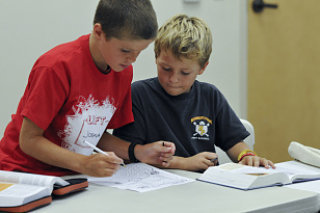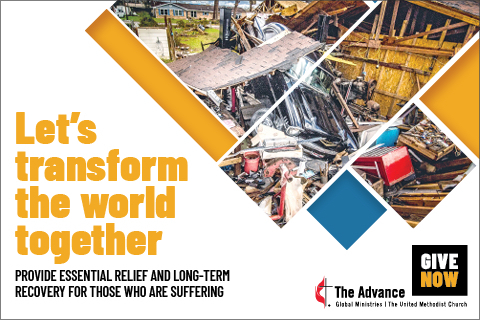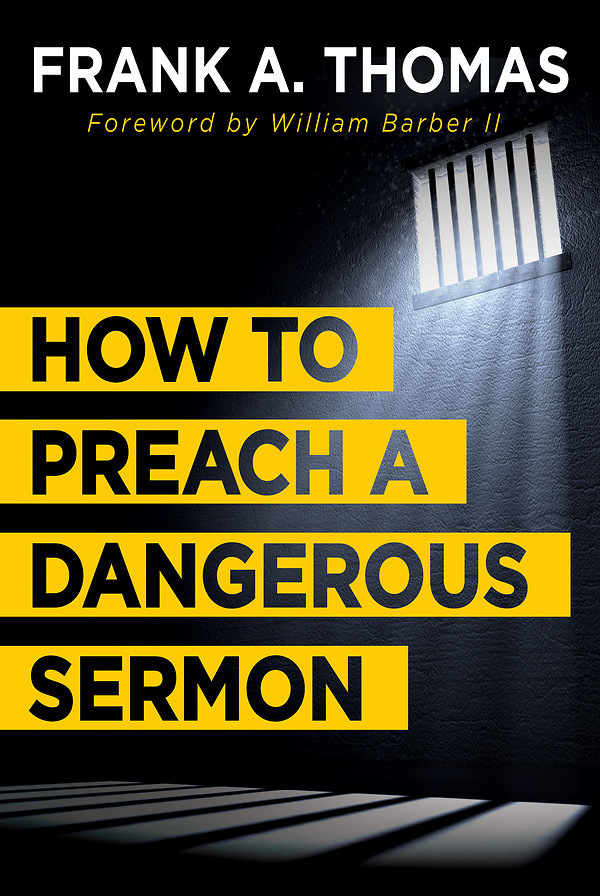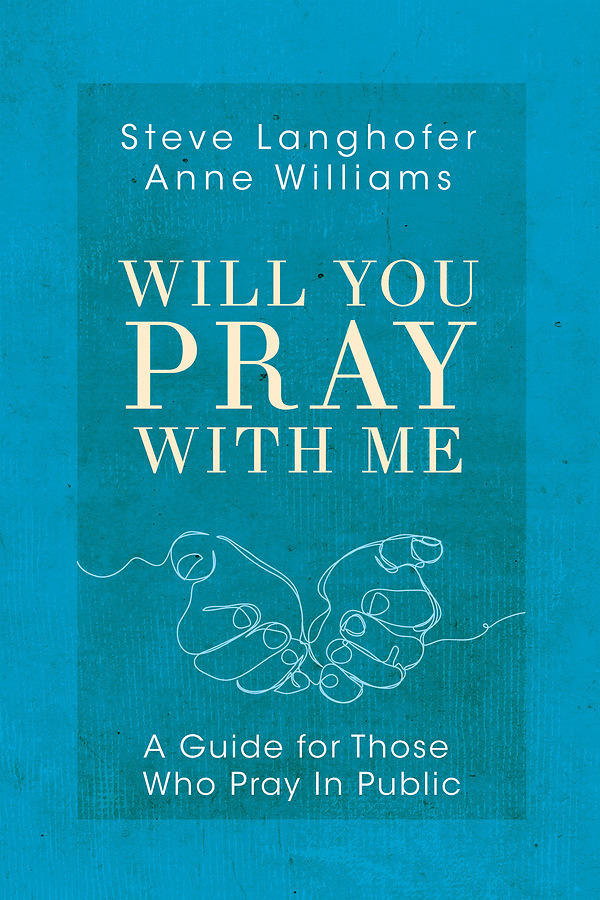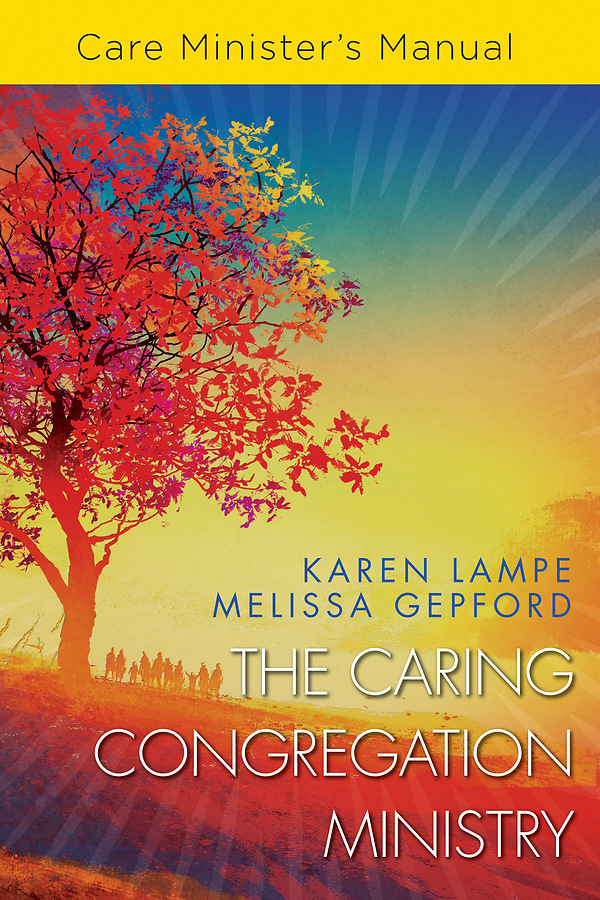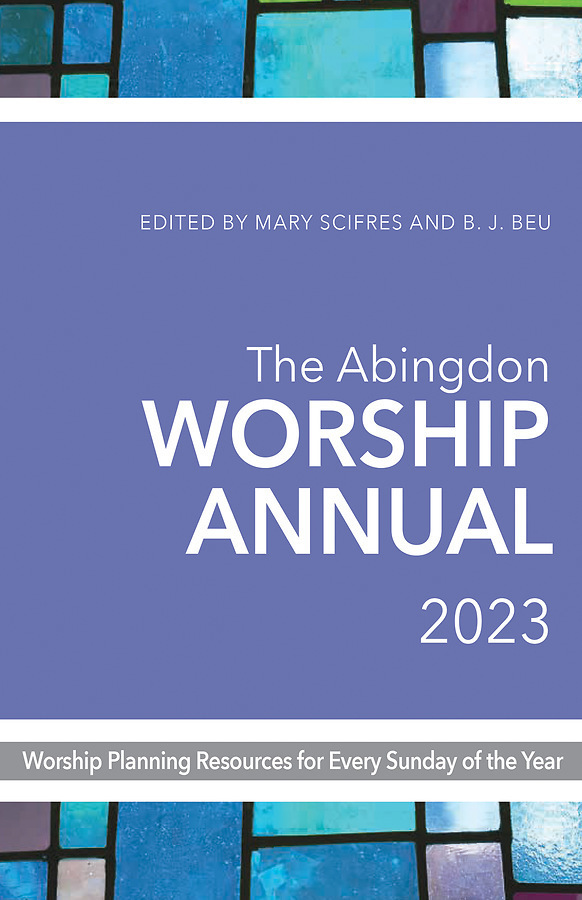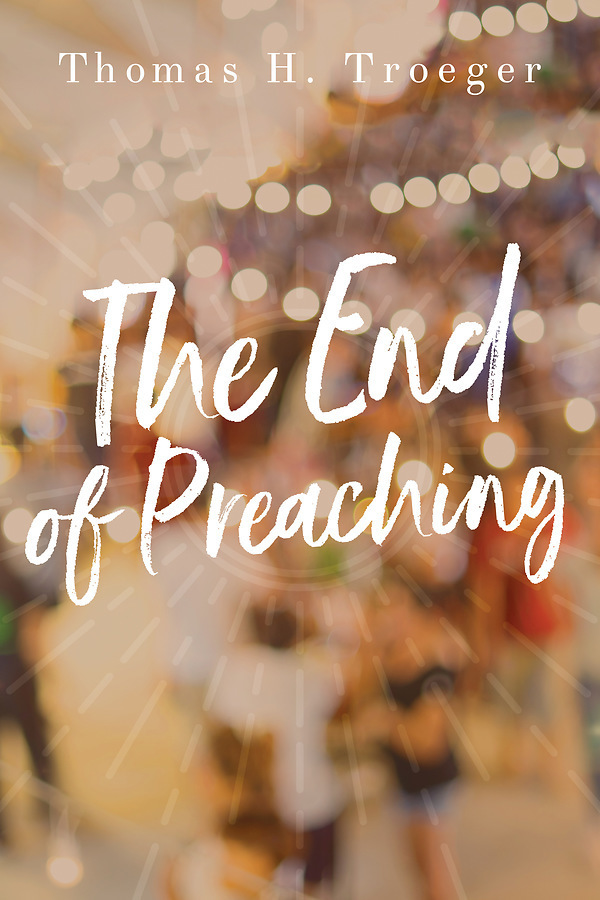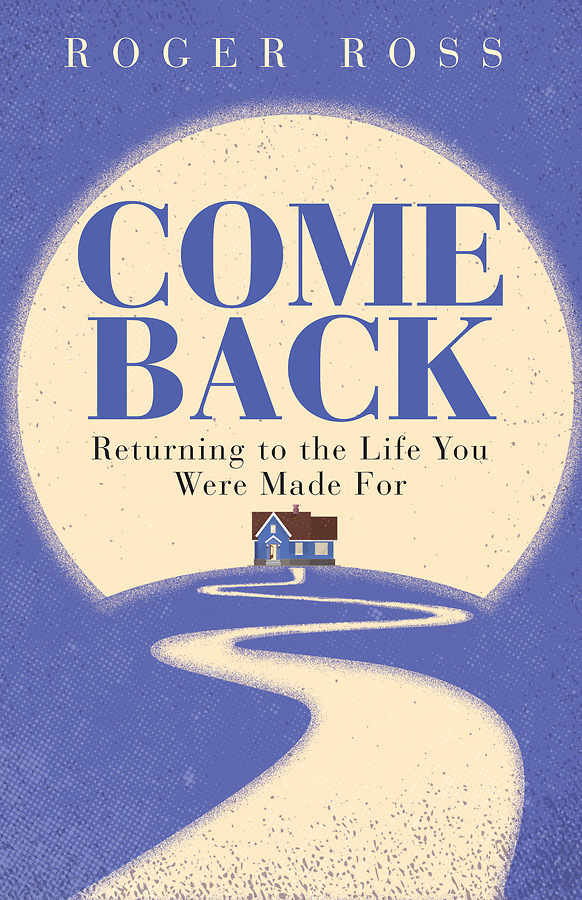Understanding and embracing a new day
August 31, 2022
 “Seems like changes come faster and faster all the time!” My grandmother, who was born in 1904, told me this one day, as she described her youth without cars and then astronauts on the moon six decades later. Some of the changes over her 97 years were unwelcome. She never did buy a microwave. Other changes, like the “www” in her morning newspaper ads, intrigued her.
“Seems like changes come faster and faster all the time!” My grandmother, who was born in 1904, told me this one day, as she described her youth without cars and then astronauts on the moon six decades later. Some of the changes over her 97 years were unwelcome. She never did buy a microwave. Other changes, like the “www” in her morning newspaper ads, intrigued her.
As we haltingly step out of the pandemic, changes still seem to come faster and faster all the time. We have Bible study on Zoom and worship on YouTube. Masks are on; masks are off — and of course, everyone has an opinion about the latest public health guidance.
We are not the first generation to see such change. And I am not just reaching back to my grandmother’s generation. Acts 11:1–18 describes a monumental change in the history of God’s people that was not welcomed.
Peter has been preaching to the Gentiles in Caesarea, and the Holy Spirit comes upon them —much to the surprise of his missionary team, all of whom, like Peter himself, are Jewish converts. The new Gentile believers are baptized before Peter heads back to Jerusalem, but not without some criticism as Christians of Jewish descent ask, “Why did you go to uncircumcised men and eat with them?” Peter’s enthusiastic baptisms of his new siblings were not received all that enthusiastically by his longtime siblings. Peter is not alone.
In our families, workplaces and churches, sometimes a change that we prefer is less preferable for others. The pandemic exposed this as one of the many divides in our culture. In our churches, this divide has been over online worship: Some embrace the opportunity to not worry about keeping their children quiet during worship, while others fear that online options will thwart the relationship-building necessary to the faith. One member’s unwelcome change is another member’s intriguing possibility.
In our passage, Peter meets his resistance by describing two dreams: one of his own and one that comes to an inquiring Gentile. Both dreams explain his decision to baptize the newcomers. In Peter’s dream, he has a vision of all the foods that Jews considered unclean coming down from heaven in a sheet, along with a voice telling him to eat up. By the third time Peter hears the words to eat, he realizes that the Gospel is open to Gentiles without their following Jewish dietary laws. In the Gentile’s dream, an angel promises that Peter will give him a message by which his entire household will be saved. He and his family are among the ones Peter baptizes.
In some ways, Peter’s double dream functions as what contemporary authors Dan and Chip Heath call a “destination postcard” in their book “Switch.” Sometimes the best way to bring about change is to sketch out an inspiring picture of the way the world can be, after the desired transformation has taken place. Doubters can then picture a future they want to join. Peter helps his critics imagine a world where doors are opened, barriers are lifted and even Gentiles, of all people, come to faith in Christ.
The pandemic has thrust change onto our congregations; some of it is unwelcome, and some is intriguing. What will your “destination postcard” look like?
The Rev. Dr. Chip Hardwick, Transitional Synod Executive of the Synod of the Covenant
Let us join in prayer for:
PC(USA) Agencies’ Staff
Alicia DeMartra-Pressley, Administrative Assistant, Vital Congregations, Presbyterian Mission Agency
Sheldon Dennis, Vice President, Human Resources, Board of Pensions
Let us pray
Lord, help us to share our ideas, our resources and our passion for your work in the world so that together we may be the body of Christ, sharing the Good News and healing the tears in our social fabric. Amen.
 Many of us probably kept a journal at some point growing up. I know I did. And when I look back at them, I read entries about what I did, what I ate and the time I went to bed on any given day. I’m not sure why I ever thought that last piece of information about my fascinating 10-year-old life would be important for any future reading. It seems, though, taking inventory of our days comes naturally to us.
Many of us probably kept a journal at some point growing up. I know I did. And when I look back at them, I read entries about what I did, what I ate and the time I went to bed on any given day. I’m not sure why I ever thought that last piece of information about my fascinating 10-year-old life would be important for any future reading. It seems, though, taking inventory of our days comes naturally to us.















